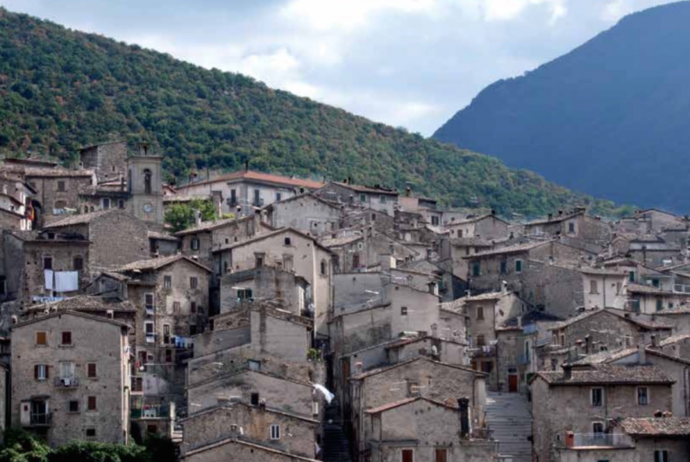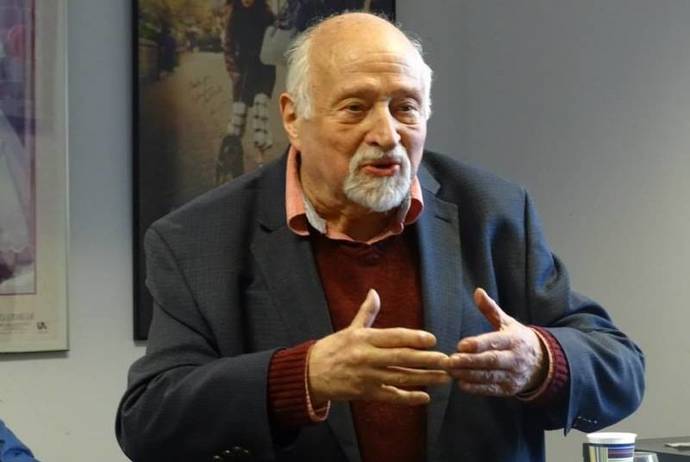I loved Theatre but I had chance to see only three or four performances a year. I was always at the Library (Sotto i Portici) , reading hundreds of books, thousands of plays. My two brothers ( Gustavo and Fernando) were often there. My father Leone had no time for the Biblioteca Tommasi but he bought papers everyday.
He gave them to us. He suggested we should read newspapers every morning to know what is happening in the world and in our Abruzzo. What can I say about the qualities and shortcomings of the Abruzzesi? There is a ritual description of the inhabitants of our Region. “ Forti e Gentili” ( strong and gentle) .
I never gave importance to that Motto. Only lately I realized it is true. All my teachers and friends have those qualities. I realized that those qualities are in me too.
It is very easy for me to be kind and cordial with everyone. An enjoyable pleasant way of communicating warmth and friendship. Strong? Like many of my friends I do not smoke, I do not drink, I never used drugs. Healthy mind in healthy body.
Another quality of strong people?
Persistence. We have that. In my lectures I tell young people that they will all probably be rejected nine times out of ten when trying to achieve they aspirations. I tell them “ Don’t be discouraged. Persist”. Many contact me years later and tell me they have succeeded.
Shortcomings of the Abruzzesi who are still living in Italy and the Abruzzesi who live in NYC?
They love to enjoy a good dinner with families and relatives. They seldom find the time to go to the Theatre. They do not know what they miss.
They miss discovery and knowledge.































